Mongolian inspiration
We invited knitwear designer Carlo Volpi to design our first collection. He shares the story behind this collaboration, and how a trip to Mongolia provided further inspiration.
Until a couple of weeks ago, Mongolia was a country I had flown over, seen in random pictures in various magazines, and associated with the infamous Chinghis Khan. Never in my life did I think I’d go there, for the simple reason that I didn’t have any friends who lived there and didn’t know much about the country – other than it is three times the size of France, it gets very cold in winter, and nomadic herders live there in tent-like houses called “ger”.
Visiting a herder family in the Arkhangai region of Mongolia, 11th August 2014
I met Nancy through a friend, and during our first meeting we discussed her aspirations and vision for Tengri. I liked the idea of working with a new brand and helping to shape its identity whilst using my skills to improve the lives of the Mongolian nomadic herders. At the same time this was an opportunity to work with yak, a fibre that I really hadn’t used in the past.
For this capsule collection, I decided to look at the theme of warriors. Mongolians are very resilient people, strong-minded and physically able to live through the country’s very cold winters. I thought about what it must be like to be a warrior in our cultures, both Mongolian and Western, and I really wanted to merge the two worlds – the one of traditions, folklore, epic Mongolian landscapes, and the fast-paced, ever-changing, overcrowded melting pot of London life.
At first, I found working with yak fibre very challenging. Having trained as a textile designer, I’ve always used colour as my strongest weapon. Yak only comes in four natural colours, one of each, cream, is mixed with the other three in the spin, so in actual fact there are only three colours of yarn available. So far, yak has been used to create some lightweight sweaters in similar gauges and with very simple designs, so even the yarn available is very plain. The same applies to the woven and felt fabrics that have been produced until now.
Although this sounds very restricting, it also provides a blank canvas, a big lump of clay that can be moulded in any way, shape or form, and this is what we have started to do with our first collection. I really wanted the knits to take centre stage and use the wonderful qualities of yak wool to create something simple, understated but strong and resilient at the same time.
Tengri yak yarn
Tengri yak yarn cable sweater knit samples
Visiting Mongolia made a huge difference. I was really impressed with the beautiful landscapes and culture that the country has to offer, but more than that, I was really impressed with the people we met, especially the nomadic herders and their animals. They all seemed very genuine, open-hearted individuals, but very quiet and shy at the same time. Their animals, especially the yak, were very similar: they looked majestic and had a very big presence, but they were also incredibly shy.
Yak with a herder in the Arkhanghai region of Mongolia, 11th August 2014
Carlo knitting a sample with Tengri Khangai yak yarn
Carlo's knitting machine in his studio
Work in progress…
Tengri yak yarn cable sweater
The finished article!
It was very important for me to translate this aspect in our collection, to show strength with vulnerability and simplicity. All the knits have strong, symmetrical textures inspired by medieval armour that become soft, almost undetectable, stitch structures. Our shorts mark a new beginning for yak fabric, from traditional felt to sportswear. For these pieces I was inspired by the shorts that boxers wear in the ring: I thought it would be great to use yak to make these trousers as it really represents the essence of Tengri. Our coats and trousers are the first investigations into colour and what can be achieved with the simplicity of yak felt.
So far, Tengri has grown faster than the speed of fashion! All of a sudden our small three-person team turned into a wider group of individuals doing all sorts of things. This collection marks Tengri’s first steps into redefining yak fabrics and knitwear, a long journey that in the future will see us experimenting with technology, new techniques and knitting methods.
We’re excited to bring the collection alive in the video. More than just a label, Tengri is a collective movement built by people pioneering a new heritage. We're a London-based social enterprise built on technological innovation, British design and craftsmanship, and a 100% transparent supply chain. This collective combines conservation, innovation, technology and ethical business. We’d love to know what you think.












